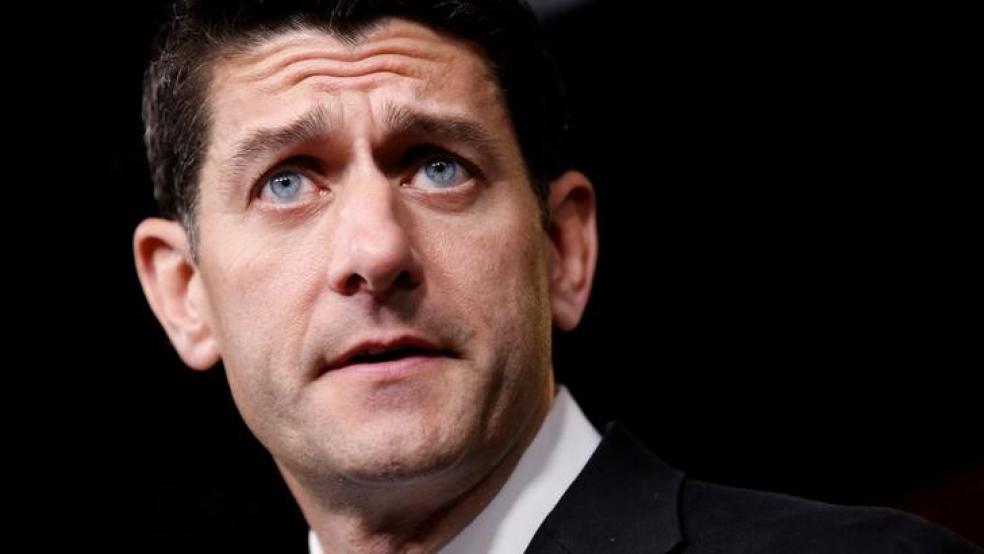Republicans just took a small but important step toward tax reform.
The House of Representatives passed a budget resolution Thursday that sets the stage for what could be major tax reform legislation in the coming months. While the nonbinding 2018 budget plan calls for more than $5 trillion in spending cuts over 10 years, including a $1 trillion cut for Medicaid, its real purpose is procedural, as it clears the way for a tax bill that can be passed in the Senate with a simple majority.
The House budget unlocks the option for the upper chamber to use the reconciliation process to pass a major tax bill. Reconciliation will allow the Senate to move ahead without help from Democrats and on an expedited basis, thanks the GOP’s 52-seat majority. (For more on the reconciliation process, see this overview by the Tax Policy Center.)
While many of the details of the House budget proposal will likely fall by the wayside as negotiations proceed, there are nevertheless plenty of differences between the House and Senate that must be ironed out, not least the extent to which a tax reform bill will be allowed to increase the deficit. As it stands now, the Senate will allow $1.5 trillion to be added to the deficit over the next decade, while the House budget resolution calls for no net increase in debt.
The House budget also serves as a statement of political priorities for the party – Rep Diane Black (R-TN), chair of the House Budget Committee, called it “the most conservative budget in 20 years.” Politico finds several important ideas in the proposal, including a continued interest in cutting entitlements and repealing Obamacare, a willingness to significantly boost defense spending, and a desire to balance the budget.
No Democrats vote for the resolution, and 18 Republicans voted against it as well. Rep. John Yarmuth of Kentucky, the ranking Democrat on the House Budget Committee, expressed deep skepticism about the bill and the tax reform that will likely follow: “This budget isn’t about conservative policy or reducing the size of our debt and deficits. It’s not even about American families. This budget is about one thing – using budget reconciliation to ram through giant tax giveaways to the wealthy and big corporations - and to do it without bipartisan support.”




